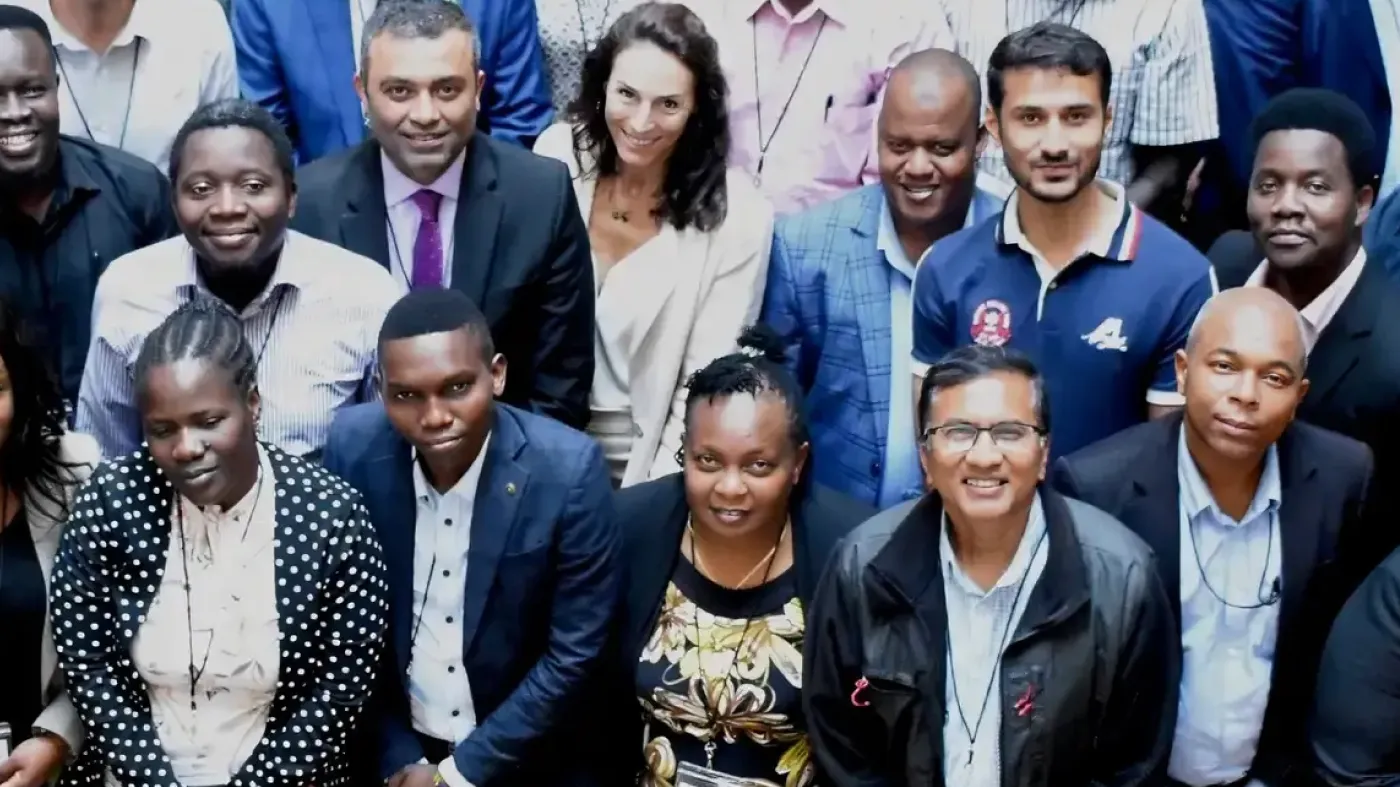Download All Country Data
Photo Credit: WHO Mauritania
In an outbreak of infectious disease, speed of response is crucial—every day of delay allows the virus to spread further. But you can’t react effectively to a virus if you can’t detect it.
The discovery of Mauritania’s first COVID-19 case was essentially by chance: a European living in the country isolated himself and sought testing after a recent close contact tested positive. The government was conducting little to no disease surveillance of its own; as in many other countries, there was scarce funding to hire new public health personnel for testing, interviewing and tracing the contacts of people found to be infected with COVID-19.
After confirming the case, Mauritania immediately implemented public health and social measures: banning gatherings, closing mosques and instituting a curfew. But with the near absence of testing, the virus could still be spreading undetected throughout the population.
Rapid response funds to train scores of field epidemiologists
Mauritania’s Ministry of Health urgently needed skilled public health workers, so Resolve to Save Lives (RTSL), an initiative of Vital Strategies, provided fast, flexible funds to help recruit and train field epidemiologists. RTSL in partnership with the national government and the World Health Organization (WHO) recruited 85 medical students in Mauritania—whose final year of studies had been interrupted by the pandemic—and trained them in basic practices of public health, a new field for many. By mid-May—just a month after issuing the first call for applicants—the new trainees had become the backbone of the country’s epidemiologic surveillance system.
At any given time, some are compiling valuable data while others are providing logistical support to health clinics, ensuring they have enough personal protective equipment. The vast majority, however, work on contact tracing teams based in the capital, Nouakchott, where the most transmission was suspected to be occurring.
Each contact tracing team is comprised of an epidemiologist, an employee of the Ministry of Health, and a driver; each is assigned to one of the capital’s nine moughataa (districts), which vary in population from 20,000 to 300,000. The teams are out in the field from early morning to late at night, tracing contacts of newly diagnosed cases through phone calls and in-person visits. Between those activities, they follow up on calls originally directed to the country’s public COVID-19 information hotline. Working in shifts, they ensure the government’s response to the pandemic continues 24/7.
Game-changing impact
According to Andrea Thompson, Administrative Officer at WHO, the epidemiological surveillance that the rapid response funds enabled has been “a game-changer.” Prior to the program’s commencement, the country had only confirmed nine cases of COVID-19; by late June, it had diagnosed over 3,000. While the strategy continues to evolve, these 85 newly trained field epidemiologists have been pivotal in scaling up the country’s capacity for testing and contact tracing.
Thompson credits the teams for launching into action in the middle of Ramadan and persisting under extremely tough conditions, over long hours, outside in the withering heat. Compounding the difficulties, Nouakchott was pummeled by significant sand storms in early June that reduced visibility to next to nothing. “They have the youth and the energy to be out there,” said Thompson.
A few of the field workers have been infected themselves, but fortunately, none have yet experienced significant illness. For Dr. Idomou Amarha, one of the newly trained field epidemiologists who contracted COVID-19 early in the epidemic, it was a learning experience. An internist in training, he felt stigmatized by neighbors when a testing team came to his house, and it changed the way he now interacts with the population; he’s more attentive to respecting the privacy of the communities with which he works.
WHO Mauritania Representative Dr. Abdou Salam Gueye said: “Resolve to Save Lives arrived just in time and allowed us to surge our capacity when it was needed most. The 85 epidemiologists make up the majority of the personnel out in the field and without their efforts we would still be flying blind in terms of actual case count.”
The important work of these new field epidemiologists is providing the data public health officials need to respond effectively and helping to protect the health of the people of Mauritania.






